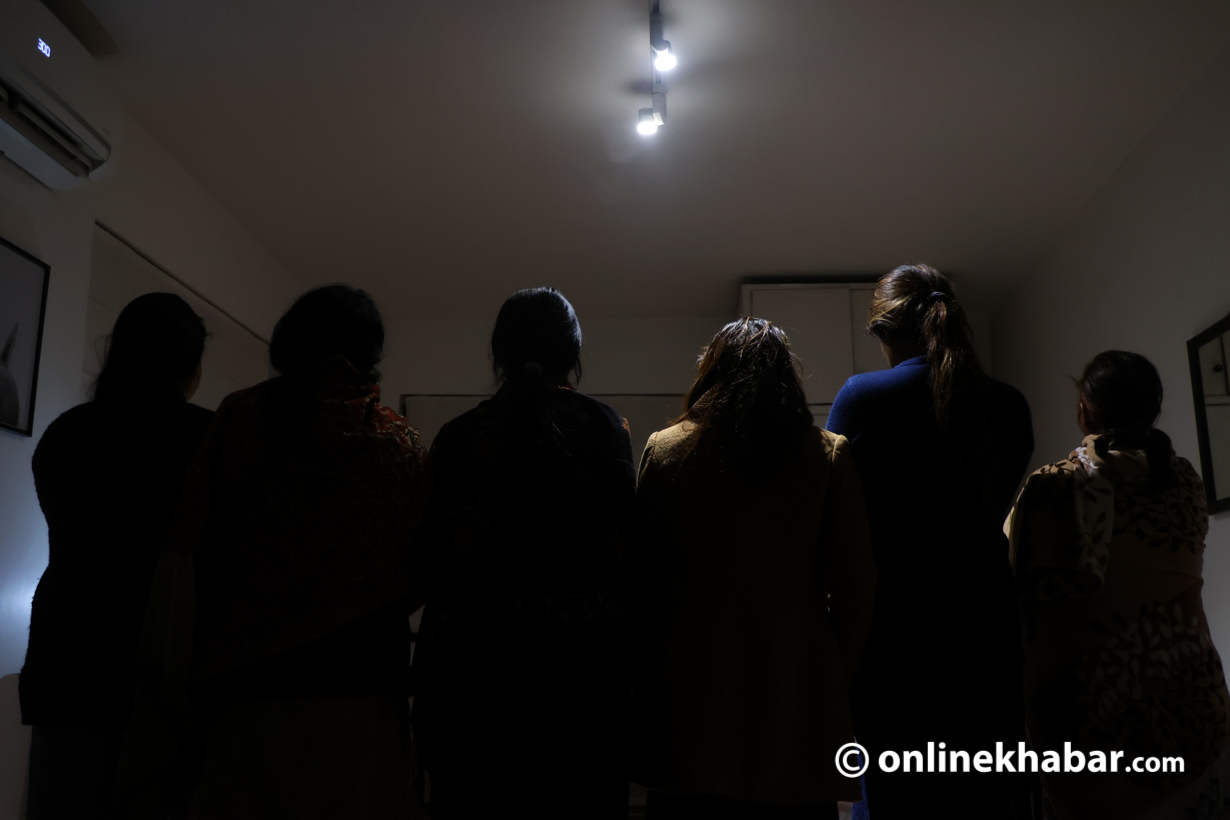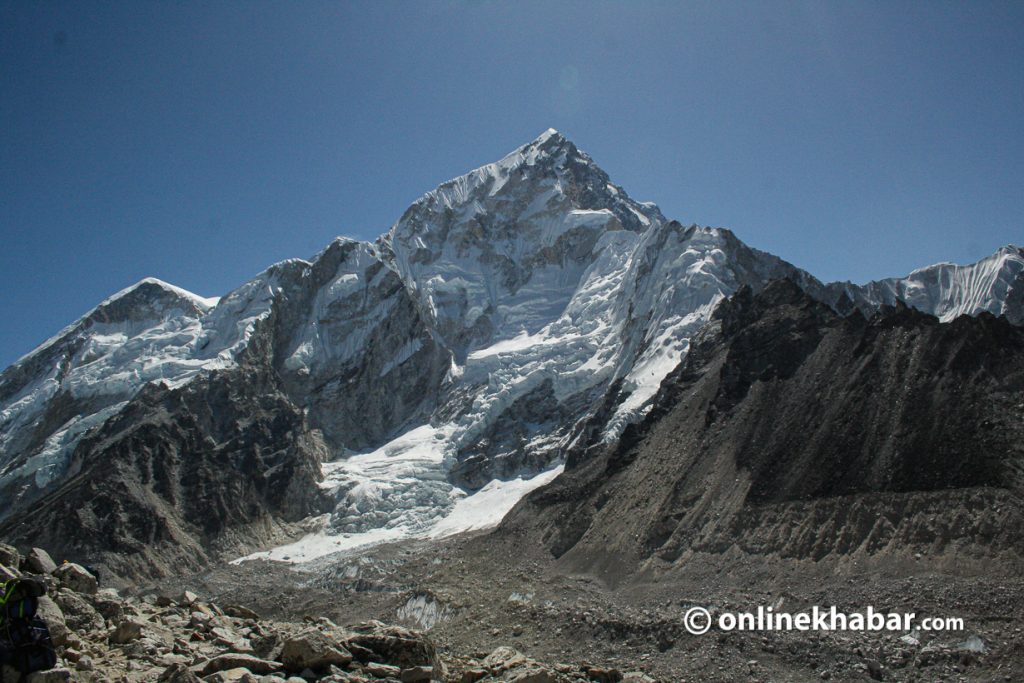
Despite repeated claims by officials that Nepal’s diplomatic standing in the world has significantly improved since Oli came to power, three incidents in the past week show that the ruling Nepal Communist Party’s approach to foreign policy has been immature.
It all started when Kathmandu-based embassies of eight countries and Nepal offices of the European Union and the United Nations issued a statement, expressing doubt over the government’s plan to conclude the country’s post-conflict transitional justice process. This took place as the Prime Minister was in Switzerland for the World Economic Forum,
Oli rushed to comment. A day before arriving in Kathmandu, he accused the West of harbouring a bias against Nepal. The Davos sojourn also proved challenging for Oli as he encountered some ‘hostile’ questions about press freedom and democracy in Nepal during a panel discussion in the Swiss resort town.
In the meantime, Oli’s party’s another chairman Pushpa Kamal Dahal issued a statement on recent political changes in Venezuela, accusing the United States and its allies, for what he called an ‘imperialist coup’. Oli, upon his arrival at the Kathmandu airport the next day, said he was unaware of the statement.
So where did the leaders, their party and the government led by the party go wrong?
-
The international community’s statement
The statement issued by ten diplomatic missions based in Kathmandu showed that the government has failed to take the country’s development partners into confidence when it comes to matters related to transitional justice. Though the United Nations’ move to chime with an alliance of Western powers raises questions about the independence of the global body and various international conventions governing diplomacy, the statement did not smell of a mala fide intent, at least in its content. Their suggestion echoed what they had been suggesting for years.
But, the government panicked unnecessarily. While the Communications Minister said that foreigners need not teach Nepal lessons on human rights, the PM accused the West of harbouring biases against Nepal.
-
Question’s on Nepal’s commitment to democracy
During a panel discussion on the role of media in Davos, the moderator asked Oli about the status of press freedom in Nepal as it is currently under a communist government. The question reflects the West’s attitude towards Nepal and communists in general.
Oli, in response, not only spent minutes defending his government, but he also explained at length what he believed press freedom was. At the function attended by representatives from big publishing houses such as The New York Times, Oli said along with press freedom comes some limitations and duties towards the state. This is a kind of response ‘autocrats’ give when talking about press freedom in international forums. The audience of the panel discussion, hence, was not convinced with Oli; his remarks were all too familiar.
-
Dahal’s haste in accusing America
While the ‘international community’, including the US issued a ‘suggestive’ statement about Nepal’s peace process on Thursday, Dahal, the next day, issued a strong-worded statement that claimed the change of power in Venezuela was an ‘imperialist coup’ plotted by the United States.

While Dahal’s statement could be justified on an ideological basis, he apparently failed to realise the diplomatic, and more importantly financial implications, of speaking against the US, one of the biggest donors for Nepal. The statement came just weeks after Foreign Affairs Minister Pradeep Kumar Gyawali paid a visit to historic Washington and stressed on economic cooperation.
Meanwhile, Oli’s obliviousness to Dahal’s statement also suggests that there are some serious problems in the party as far as diplomatic dealing is concerned. If the government fails to amend its course prudently, its immaturity is certain to prove costly for the country.























